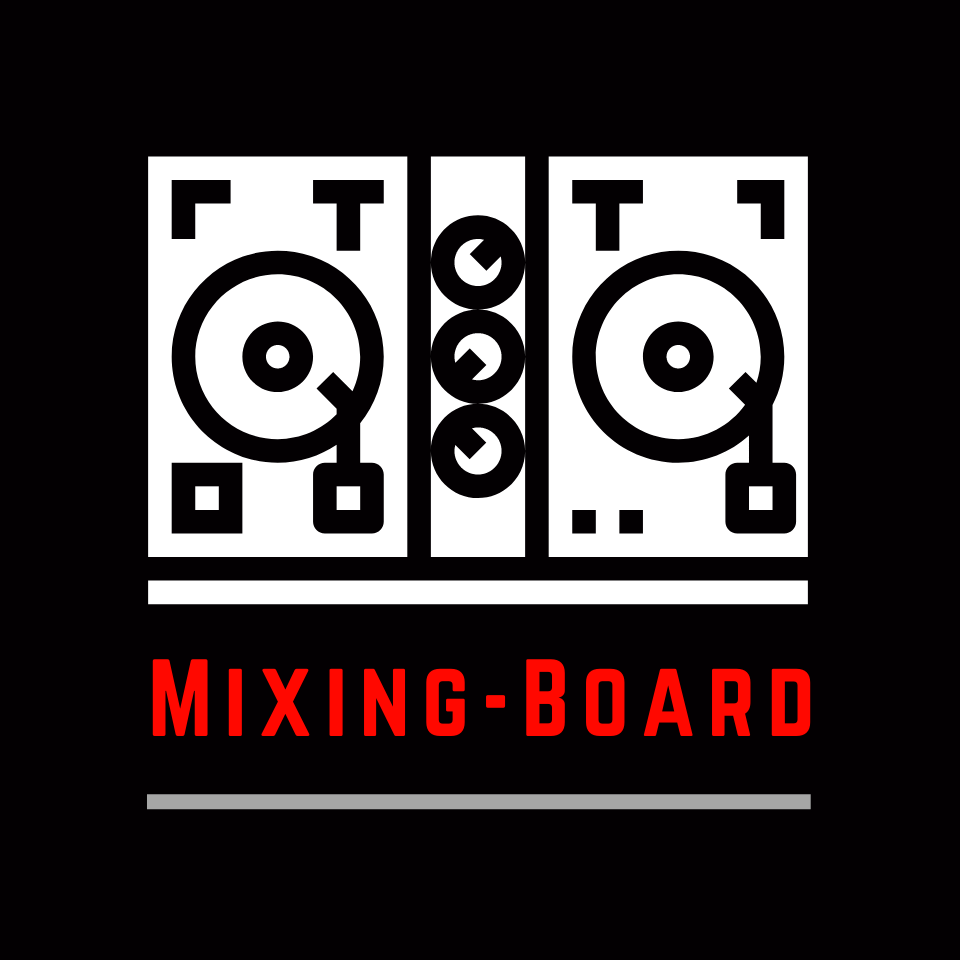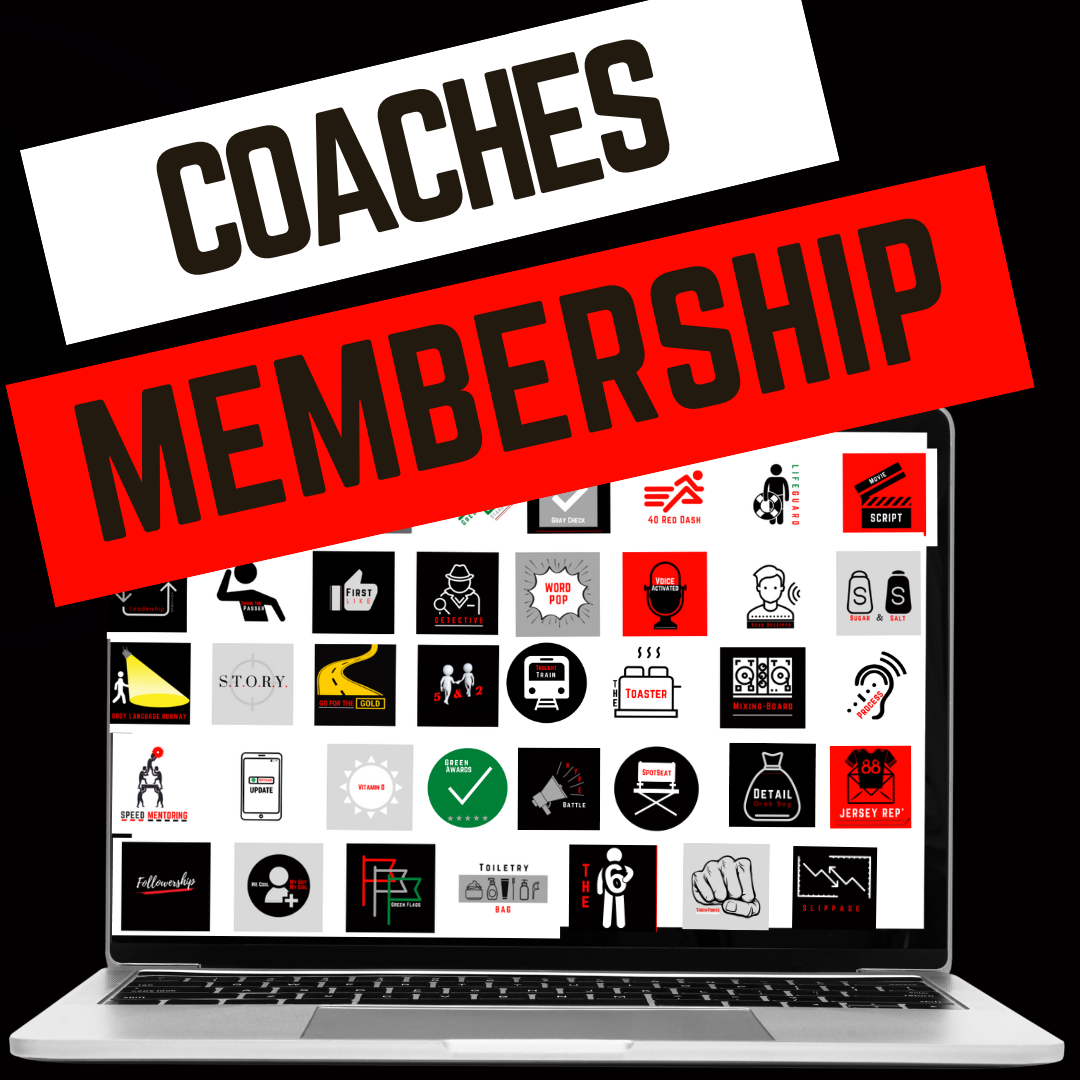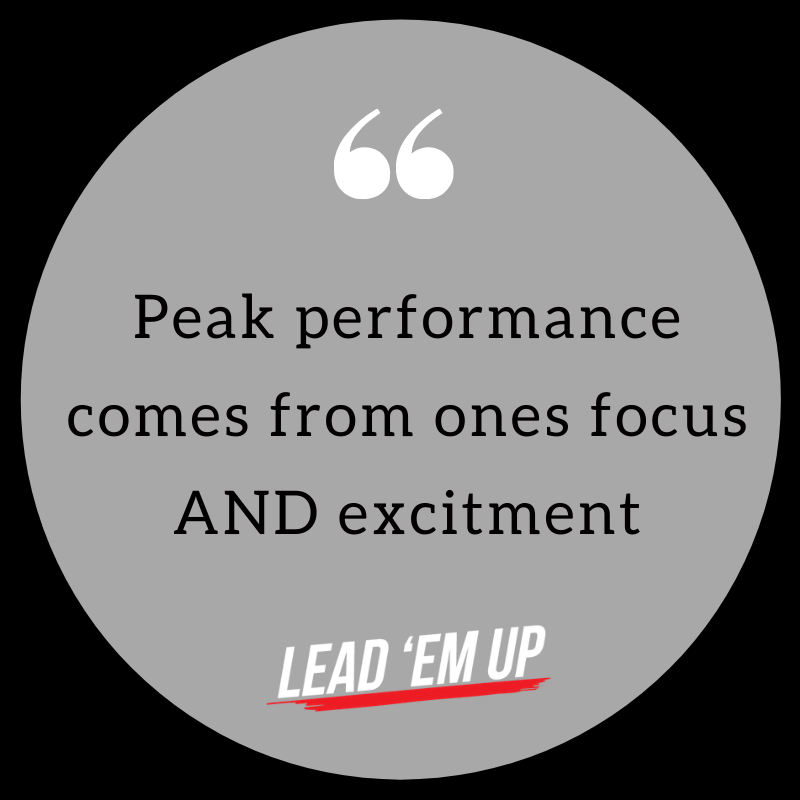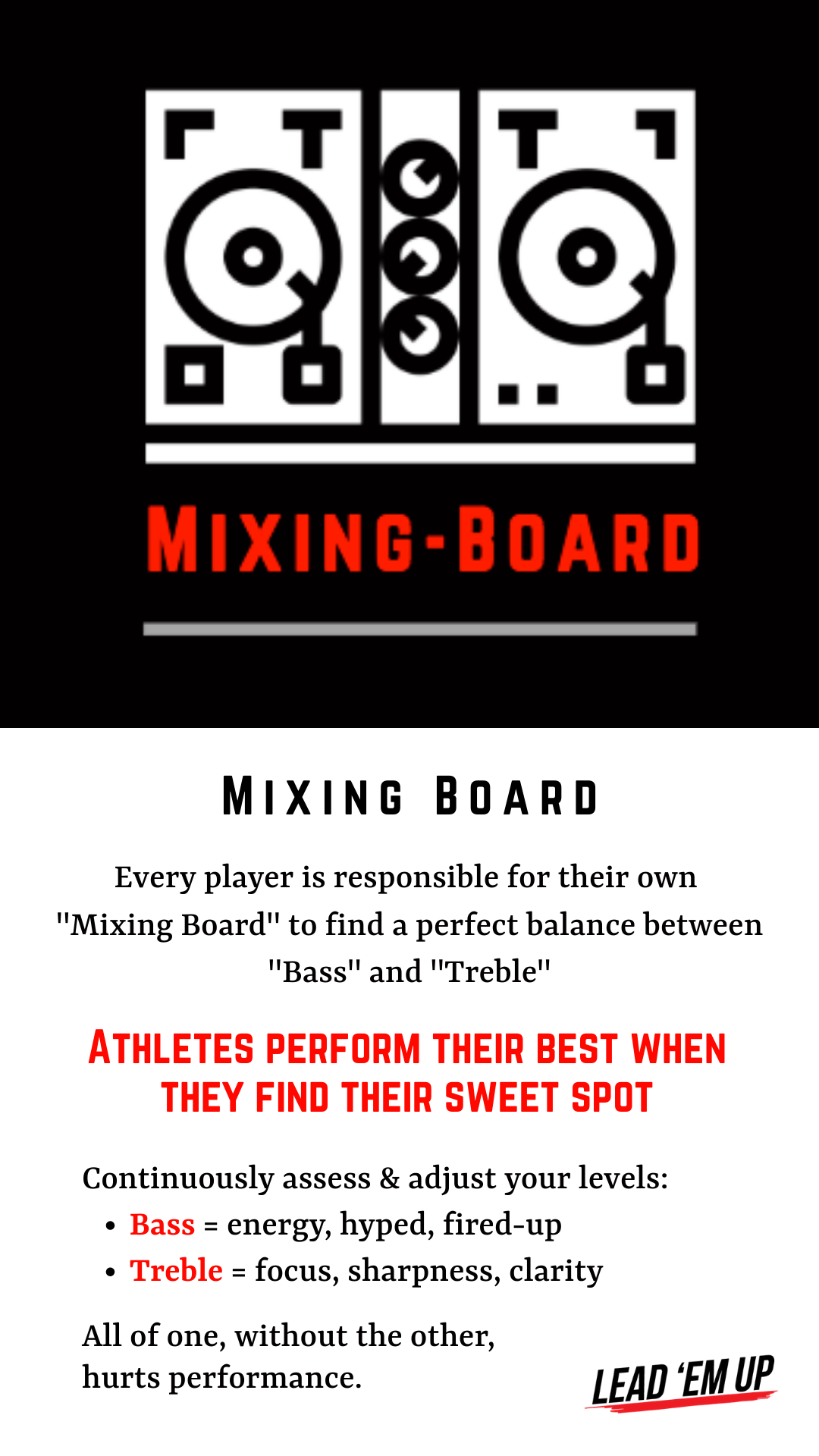

Overview
The Mixing Board will help teach your players how to reach peak mental readiness as an athlete. Players are often guilty of coming out “flat” or coming out too hyped needing to “settle down”. The Mixing Board helps players avoid falling into either trap. Leaders know how to get themselves ready and can be counted on to be at their best every day.
- Your players will learn the importance of managing their Mixing Board to bring both energy(bass) and focus(treble) every day
- Your players will evaluate which side of the Mixing Board they and the team tend to lean towards
- Your players will understand the challenges and pitfalls of bringing too much energy(bass) and/or too much focus(treble)
- Your players will begin helping teammates get their Mixing Boards balanced correctly

Watch 2 Win Video
Lesson Plan
Mixing Board Lesson Plan
Mixing Board is a discussion and teaching-based exercise.
Have some fun and ask your team if anyone is a DJ or ever had a chance to play with turntables. This will help get the theme of Mixing Board going.
Draw a Mixing Board turntable with two records: one on each side. One record will represent Bass and the other will represent Treble.
Ask the team to describe Bass. Bass is essentially the “energy” of the song. When the bass is up, people start moving. It’s the “life” of the song, without it the song feels “lifeless”.
Bass represents our energy as a team and athlete. Engage the team in discussion on two questions:
- If our Bass is turned all the way UP, how do we benefit? (we play fast, our intensity is up, we’re loud, we’re hustling, etc
- If our Bass is turned all the way UP, how do we struggle? (we may play recklessly, undisciplined, too hyped, play sloppy, make mental mistakes, etc.,)
So if our Bass is turned all the way UP, good things could happen but also bad things could happen.
Now jump to Treble.
Ask the team to describe Treble. Treble is essentially the “clarity” of the song. When you listen to music with the Treble turned up you hear everything with crystal clarity. The song will sound sharp and you’ll hear all the details within the music; instruments, sounds, lyrics, etc.
Treble represents our mental clarity as a team and athlete. Engage the team in discussion on two questions:
- If our Treble is turned all the way UP, how do we benefit? (we execute our plays well, we’re sharp on our fundamentals, we’re disciplined and focused, etc.)
- If our Treble is turned all the way UP, how do we struggle? (we lack intensity, play soft, we may start overthinking, we can’t match the other team’s energy, etc.)
So if our Treble is turned all the way UP, good things could happen but also bad things could happen.
When teams come out with too much bass, the team needs to “settle down”.
When teams come out with too much treble, the team is too “flat”.
Players who manage their Mixing Boards correctly, come out at their best!
Ask your players, what ratio of Bass and Treble do they feel is the ideal ratio? Engage in conversation, although don’t share the answer until the end. Build the anticipation.
Engage in the following 4 discussions first:
Discussion 1
Have the players evaluate and share if they believe they lean Treble or Bass. Is it easier for the player to lock in and focus or easier for them to bring the energy? Make them pick one or another. Also, have the team evaluate and share if they believe the team as a whole leans Treble or Bass. One way to determine this, do the coaches spend more time trying to get the team to “bring the energy” or “lock in.”
It’s important to understand which way you lean so you can be aware of which one you need to be more intentional to create.
For example, if a player leans bass they need to work to create more treble in moments during pregame, games, and practices. Be careful if a player leans bass then they add additional elements of energy, it could become too much. We call that putting “sugar on sugar.” It’s why a player like Lebron James recently said he listens to classical pregame, he recognizes he’s “bass” and the arena brings energy, so he needs to create the treble.
Discussion 2
Ask the team what could happen to the speakers if you turn the volume and bass all the way up? You could blow the speakers. In the same light, this is also possible for teams who come out over-hyped with too much bass, they become unable to sustain it and as a result, run out of steam. Don’t “blow your speakers” pregame or in the beginning not leaving you with enough energy to finish the game strong.
Discuss with the team any moments where they came out with too much bass and ended up “running out of gas?” Maybe it happened against you and the opponent ran out of gas,
Proper management of the Mixing Board allows you to come out your best and sustain it all game long.
Discussion 3
Ask the players if an opponent or the opposing fans have ever tried to get “in their head” or “under their skin”? What they are trying to do is take control of your Mixing Board. It is important: never let the opponent take control of your Mixing Board.
When the opponent gets you worked up and causes you to pick up a penalty or make a stupid mistake, they turned up your Bass and have caused you to act recklessly without discipline.
When the opponent is talking trash and bringing your confidence down, they turned up your Treble and have you over-thinking things.
Taking control of your Mixing Board is the opponent’s goal, don’t let them succeed. Stay in control.
Discussion 4
Managing the Mixing Board isn’t just a pre-game activity, it’s an everyday, all-day activity. Ask the team to reflect on moments in games or practice where they recognized their Mixing Board getting off-balance and needing to bring it back in.
For example, we started the game last week very sloppy. We committed 6-7 mental mistakes right out of the gate. Our bass was good, but our treble was off. Then coming out of halftime, we had no energy, our bass was turned off and they went on an 8-0 run because of it.
Helping them visualize the Mixing Board being off-balanced will help them be more in-tuned with it moving forward.
Ideal Amounts
So what’s the ideal amount of bass and treble? Where should our Mixing Board be set at?
There is no set number. Every situation, moment, and opponent may require a slightly different level.
Your goal is this: to have the bass turned up as high as you possibly can without negatively impacting the treble.
It requires you to constantly monitor the levels and adjust regularly.
A perfectly managed Mixing Board will look like an athlete with intense focus and controlled energy.
Allow the language of Mixing Board to move through your team and keep it front of mind for your players.
Have fun and #LeadEmUp
Player Growth Areas
Exercise Length
Language Guide
Bass
Energy, hyped, fired-up
Treble
Focus, sharpness, clarity
Mixing Board
Finding the perfect balance between Bass and Treble
Additional Resources
Exercise Reminder Card
To emphasize and reinforce the lessons learned in this exercise with your players, download and share this graphic with them 24 hours after completing the exercise.
Exercise Slides
Powerpoint slides ready for you to use
Quiz Questions
Use these questions below to engage after you have taught the exercise.
- What does “bass” and “treble” represent?
- What happens when you show up with all bass and no treble?
- What happens when you show up with all treble and no bass?
At Home
Coaches, use the below question, reflection, and action to engage parents, guardians, and other family members in the lessons learned in this exercise.
Suggestions on how to use: Email to parents the day you have taught this lesson, add it to the materials you send home, or text it to text message threads with your players.
- Question: What are the two major components of The Mixing Board?
- Reflection: Where do you typically lean more towards? Energy or focus?
- Action: Share what actions you can take to get to your performance sweet spot.
Teacher Reflection
Take a moment to reflect on the lesson and how you can lead by example to your students.
To get more exercises like this, check out our Coaches Membership

Coaches Membership
Everything, and we mean EVERYTHING you and your team need to develop into the leaders needed to win.



